By A.C. Robinson
Through his art, Isso wants to share with the world the plight of the Kurdish people, many of whom have suffered through years of persecution, discrimination, and statelessness, yet have endured their hardships with strength and resilience.
Isso told Rudaw that most of his inspiration comes from famous Kurdish political figures, poets, artists, musicians, writers, and filmmakers. He’s painted many of these popular Kurdish icons with the hopes to show their faces, which are painted in bright and intense colors, so that people will ask who they are. In this way, he can explain how each of them has contributed something special to the Kurdish people.
Some of the Kurds who have inspired Isso was his good friend, a poet from Lebanon who passed away after Isso moved to Canada Haseeb Mahla, a famous Kurdish folk singer Milhemed Shekho, Kurdish musician Esker Ciziri, Shaekh Saeed Piran a Kurdish nationalist who led a rebellion in Turkey in the 1920’s and Kurdish artist Omar “Malva” Hamdi.
Home of Janso, Hasakah in Syria
6 Falasten Street, Hasakah in Syria
Aleppo After The Syrian Civil War Began
Omar Malva Hamdi, Kurdish Artist
Mihemed Shekho, Famous Kurdish Folk Singer
Esker Ciziri, Kurdish Musician
Sheikh Saeed Prian, Kurdish Nationalist and Rebellion Leader in 1920s Turkey
Yilmaz Guney, the Kurdish film director won a Palme d'Or for his film Yol. He was jailed in Turkey for using Kurdish language in his art.
Halifax Waterfront, Nova Scotia in Canada
Janso Sculpture in Lebanon
Crichton Park Friends of Refugees in Canada who sponsored Janso



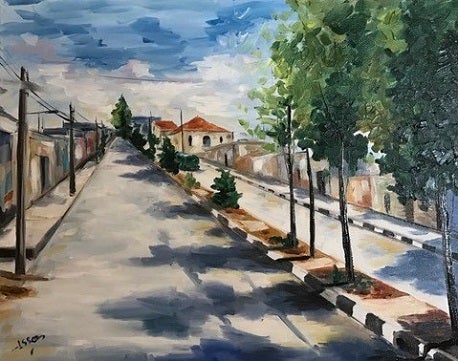
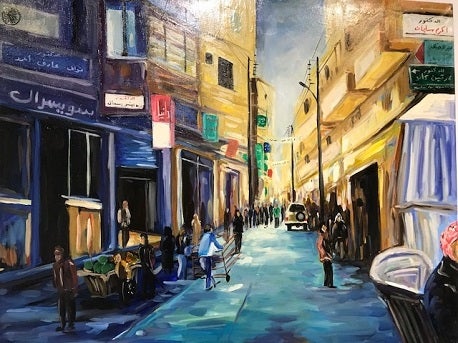
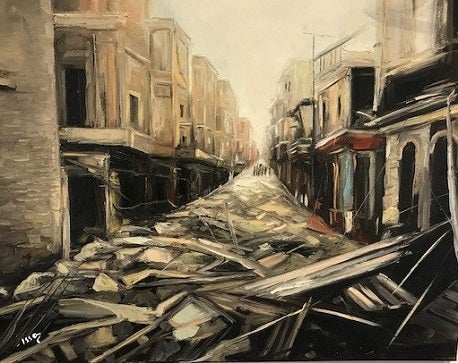
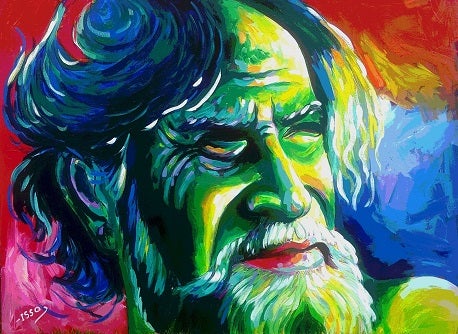
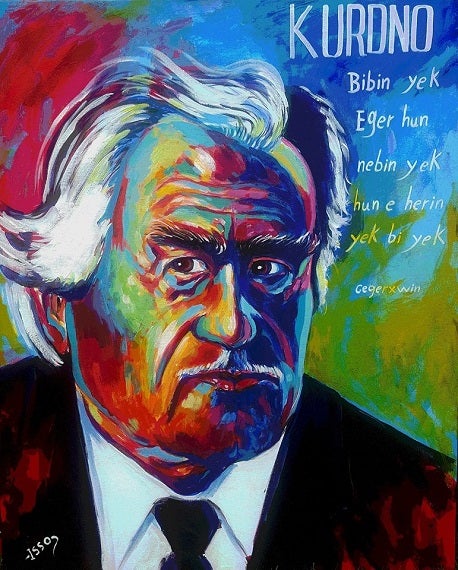
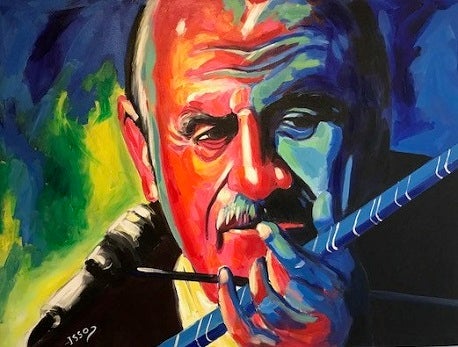
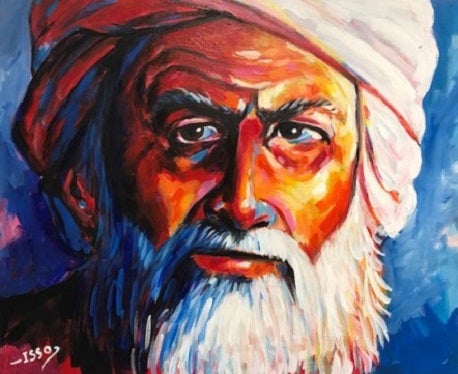
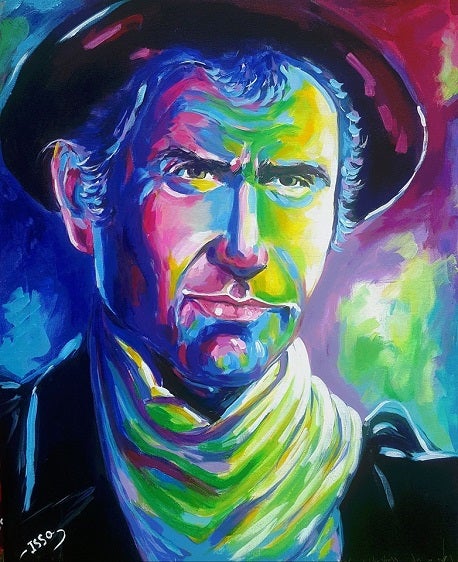
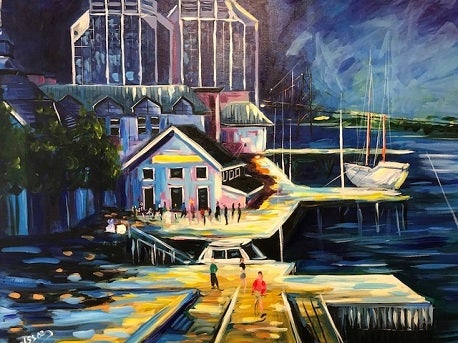
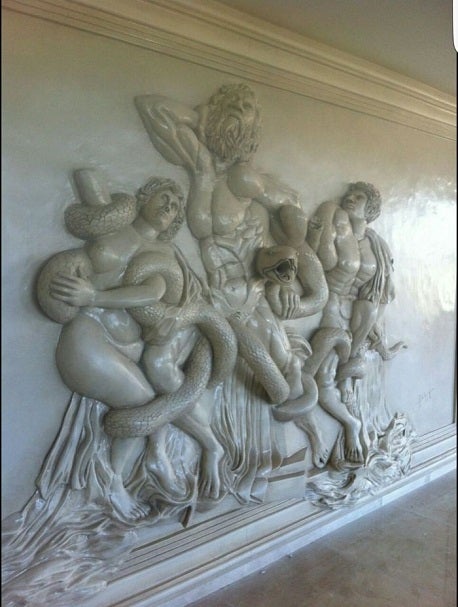
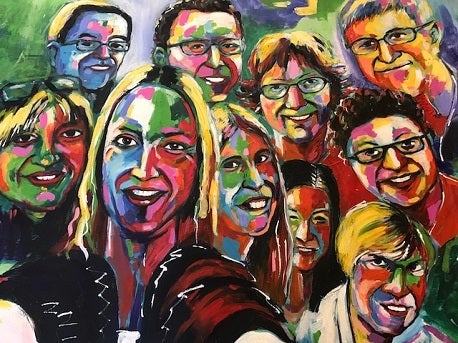
Comments
Rudaw moderates all comments submitted on our website. We welcome comments which are relevant to the article and encourage further discussion about the issues that matter to you. We also welcome constructive criticism about Rudaw.
To be approved for publication, however, your comments must meet our community guidelines.
We will not tolerate the following: profanity, threats, personal attacks, vulgarity, abuse (such as sexism, racism, homophobia or xenophobia), or commercial or personal promotion.
Comments that do not meet our guidelines will be rejected. Comments are not edited – they are either approved or rejected.
Post a comment